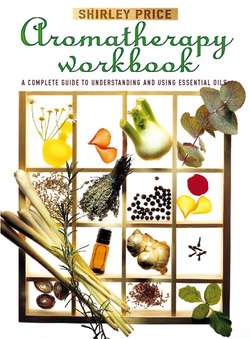Читать книгу Aromatherapy Workbook - Shirley Price - Страница 14
Progress in Britain
ОглавлениеIn 1653, Nicholas Culpeper wrote his famous herbal, from which people still quote today. Salmon followed with his Dispensatory (a pharmacopoeia) in 1696 and his Herbal (1710). By 1700 essential oils were widely used in mainstream medicine until the science of chemistry allowed the synthesis of materials in the laboratory. Around this time, during and after the Bubonic Plague, doctors were rather bizarre looking figures, walking through the streets wearing hats with large ‘beaks’, in which were placed aromatic herbs, so that the air breathed in passed through them and was rendered antiseptic. They waved in front of them a long cane with a big openwork top, which was also filled with aromatic herbs; this disinfected the air in front of them for double security!
The industrial revolution was in part to blame for the decline of the use of herbs in Britain. As people moved from the country to seek more profitable work in the new industrial towns, they came to live in terraced houses with little or no gardens. This resulted in a decline in the use of fresh herbs for cooking and future generations lost the art of incorporating them in recipes. Other European countries, less affected by the mushrooming of factories, continued to use them in the preparation of meals and also as remedies.
